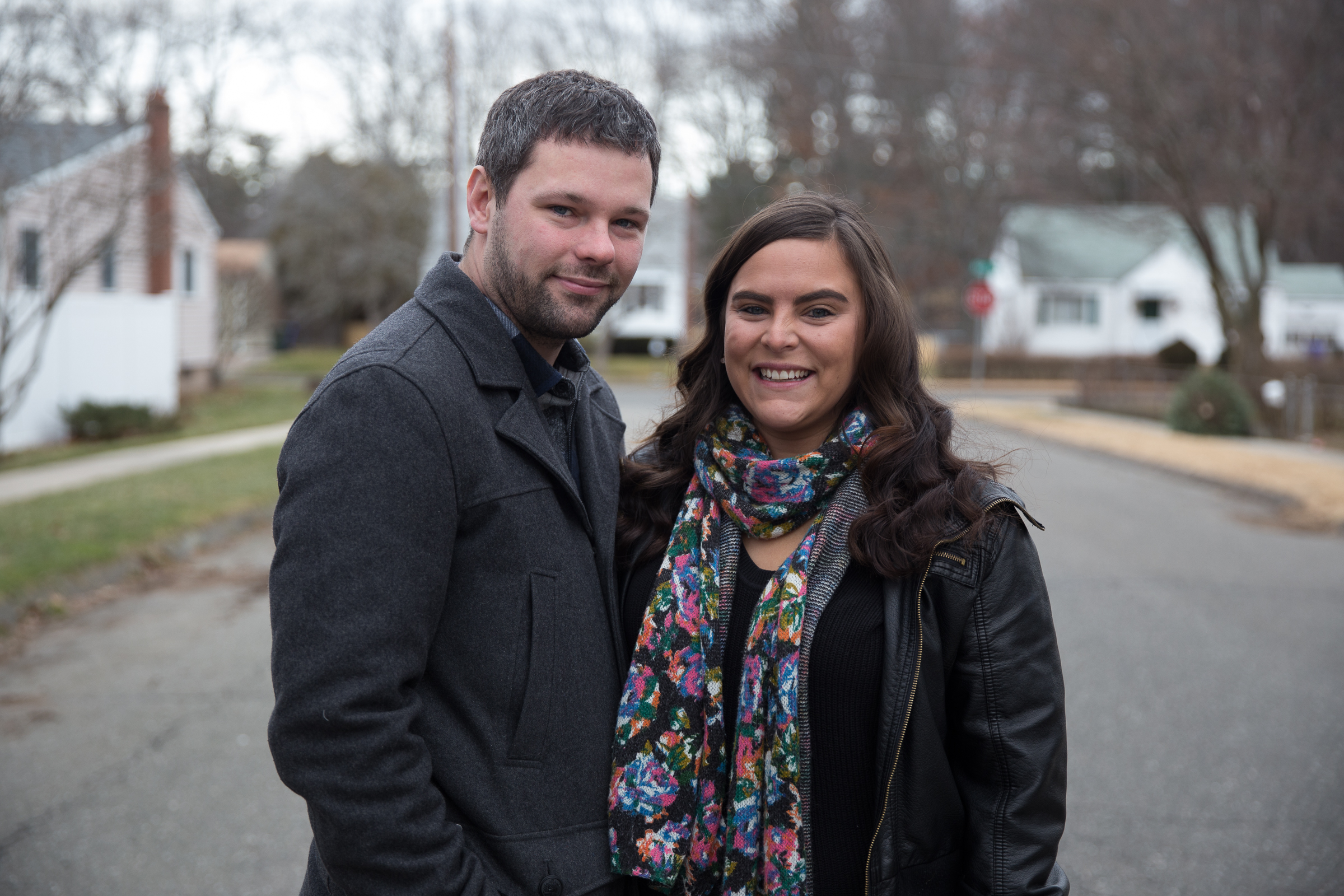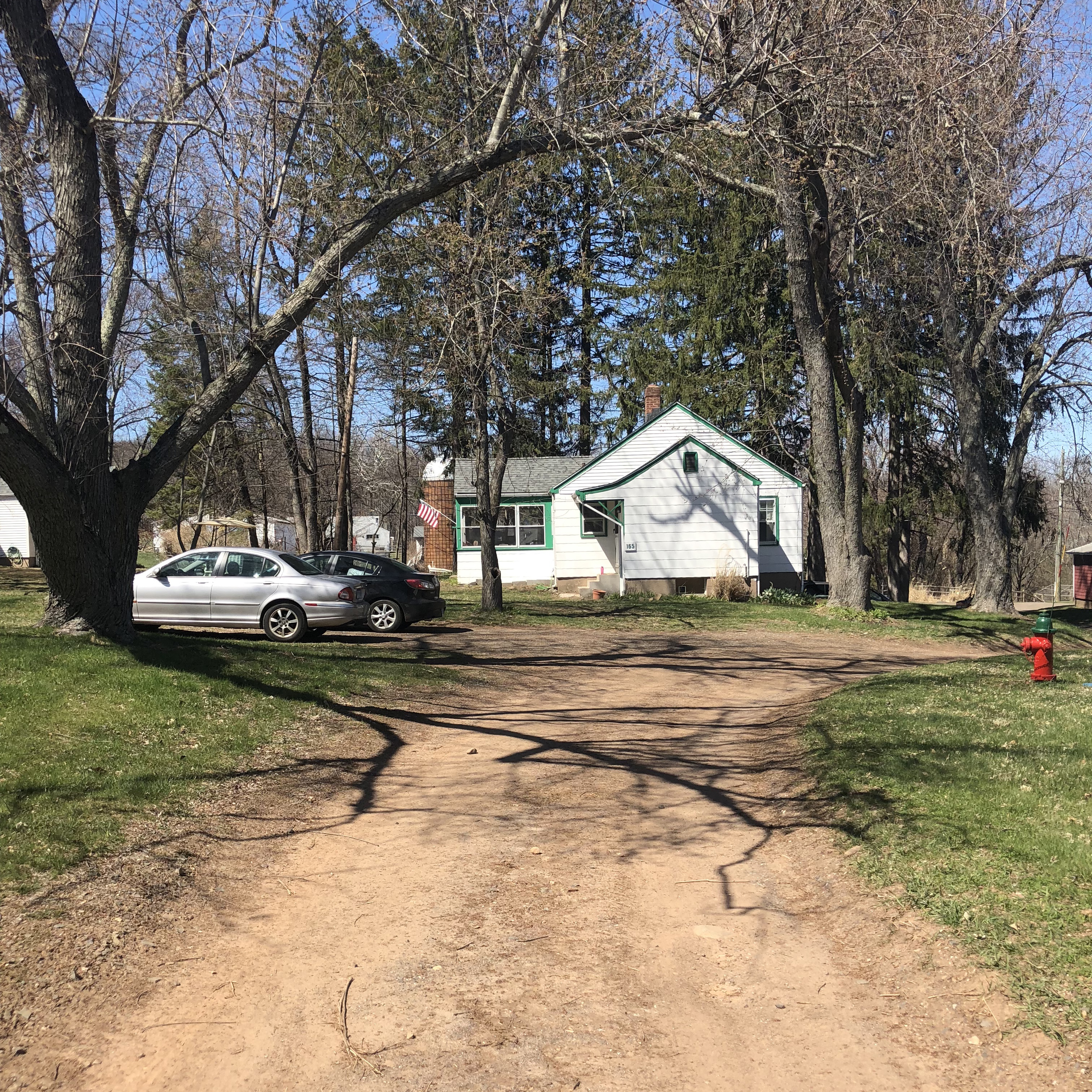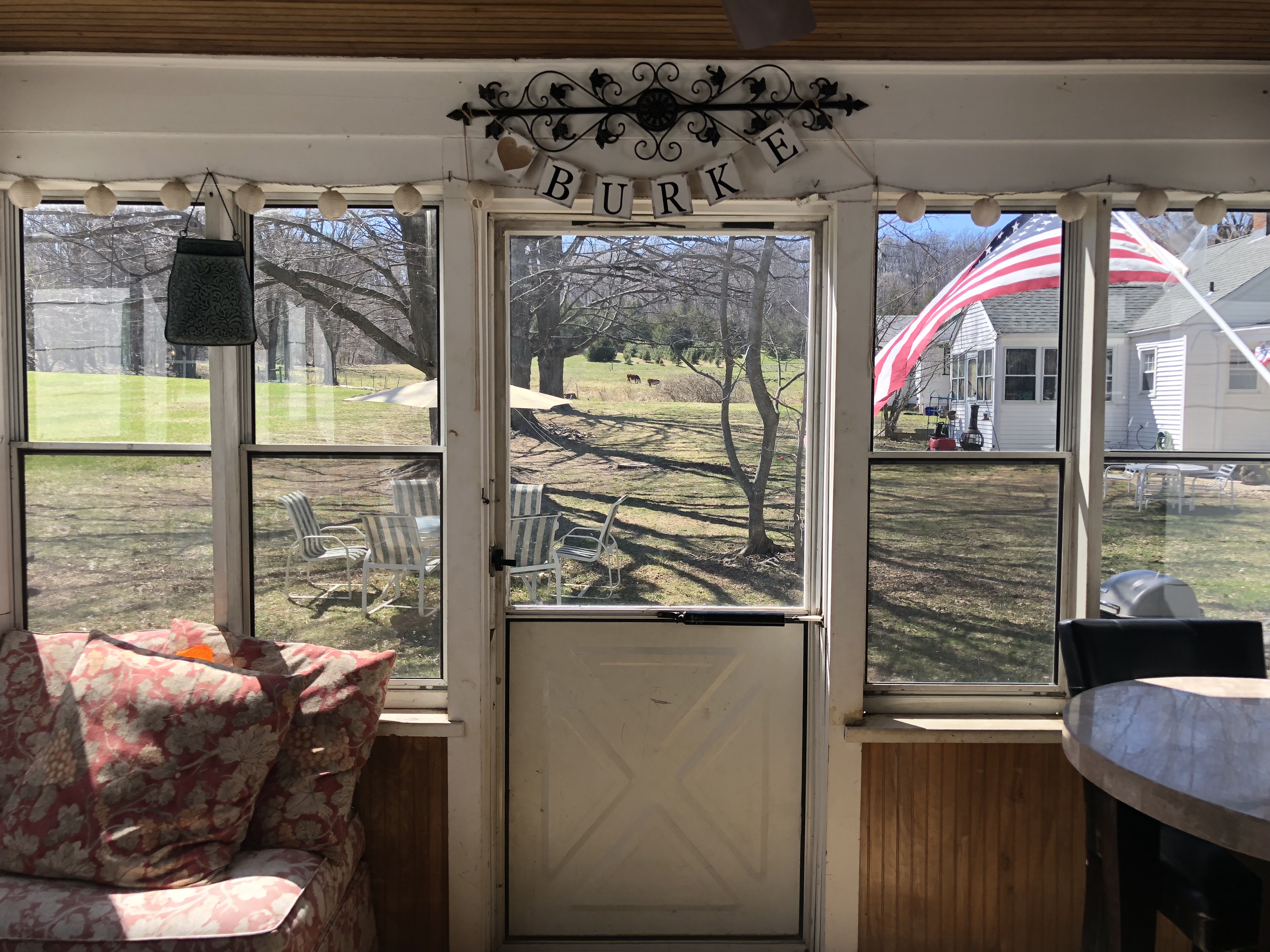Are Millennials Reshaping The American Dream?

Rob and Chrissy Burke. Photo by Ryan Caron King for NENC
OPINION
In the early ‘30s, James Truslow Adams, a banker turned Pulitzer-winning author, wrote a book-length paean to the U.S. titled, “The American Dream.”
His publishers loved the manuscript, but the title had to go. No one, they said, would spend $3 for a book with “Dream” in the title during the Dirty Thirties, the worst of the Depression. Better to name it, they said, “The Epic of America.”
Adams acquiesced on the title, but he used the phrase “American Dream” 30-some times in the book. “Epic” became a national bestseller. It was a rallying cry for Americans struggling through the Great Depression, and said the American Dream
“is not a dream of motor cars and high wages merely, but a dream of social order in which each man and each woman shall be able to attain to the fullest stature of which they are innately capable, and be recognized by others for what they are, regardless of the fortuitous circumstances of birth or position.”
Over time – and with a massive assist from Hollywood – the American Dream came to mean social mobility (up, always up), income sufficient to support one’s self and one’s family, and a house with a white picket fence.
Recently, however, that last part seems to be changing. An October study from Pew Research Center said while the dream means different things to different people, 77 percent of the people surveyed said “freedom of choice in how to live” is an essential part of the dream. Just 43 percent included “owning a home” as part of the dream.
The shift has been years in the making, hastened in part by economic downturns and the changing tastes of a generation.
Remember the Burkes?

The Burke’s home in Bloomfield, Connecticut. Photo courtesy Chrissy Burke
Last year, Chrissy (Christina) and Rob Burke decided they were ready to buy a house. They’d been living with Chrissy Burke’s family in East Hartford, Conn., to save money. They began looking a home – perhaps a two-family — in the $250,000 range in a diverse neighborhood somewhere in Connecticut – or maybe Massachusetts. After a column about their search appeared in this space, more than 100 people shared suggestions from all over Connecticut — Hamden to Middletown to Windsor — and the Burkes looked in earnest.
But the mortgage fell through. Rob Burke’s job as a contract worker made the bank nervous about commitment.
It was, jokes Rob Burke, the best thing that could have happened. Last summer, the couple moved to a rental house on Auerfarm, 120-acre educational farm in Bloomfield. In nor’easter after nor’easter, they didn’t have to shovel. They don’t have to worry about upkeep inside their two-bedroom, either. They look out their windows and see cows.
They mostly likely will buy down the road, but for now, they’re not worried.
Post-Great Recession, millennials like the Burkes are slowly starting to buy homes, but home ownership among that group is still the lowest of any age group. Only about 34.7 percent of people under the age of 35 own homes, according to the 2016 Census.
It isn’t that millennials don’t want to own. Often, they can’t afford to — yet. And in areas where housing is expensive (Connecticut more than qualifies), the sweeping tax reform signed by Pres. Trump in December makes home ownership less attractive, or even realistic, for some. The new tax law limits to $10,000 the amount of state and local taxes such as property and sales taxes that can be deducted. In states where properties are expensive (such as Massachusetts and Connecticut, and other states with high percentages of mortgages of $750,00 and up) homeowners could face bigger tax bills this year.
And even though the Great Recession is in our rearview, that downturn sent an unprecedented number of families – particularly families of color – into foreclosures that, according to a report from the American Civil Liberties Union, will impact families for generations.
(The same month he signed the tax overhaul, Pres. Trump said that black ownership is at a record high, which is not even remotely true. )
The mortgage interest deduction dates back to 1913, though historians say that Congress probably wasn’t thinking of home mortgages at the time. In the early part of the 20th century, people mostly paid cash for their homes, which cost less than $3,500. Mortgages were rare.
But post World War II, aided in part by the GI Bill, home ownership grew exponentially. A home remains largest asset for many families, both for equity and for tax breaks.

Inside the Burke’s home in Bloomfield, Connecticut. Photo courtesy Chrissy Burke.
The Burkes know all that, but life has been good, anyway. Chrissy Burke finished nursing school at the University of Connecticut, and started full-time at St. Francis Hospital and Medical Center in Hartford, in the cardiac ICU. Rob Burke is now full-time at Sikorsky – Lockheed Martin, which in Stratford is roughly a two-hour drive for him, each day. He doesn’t seem to mind.
“That gives me time to reflect,” he said.
Chrissy Burke said she is dedicated to paying down her school loans within the next few years. Maybe then, they’ll think about home ownership. For now, even if the deed doesn’t have their name on it, they’re happy.
“We found the rural area of Suffield, but we’re in Bloomfield, which is diverse, and we’re right next to West Hartford Center, and all those amenities,” said Chrissy Burke. “We are loving not having to worry about all the tax drama, property values, upgrades — or even shoveling.”
